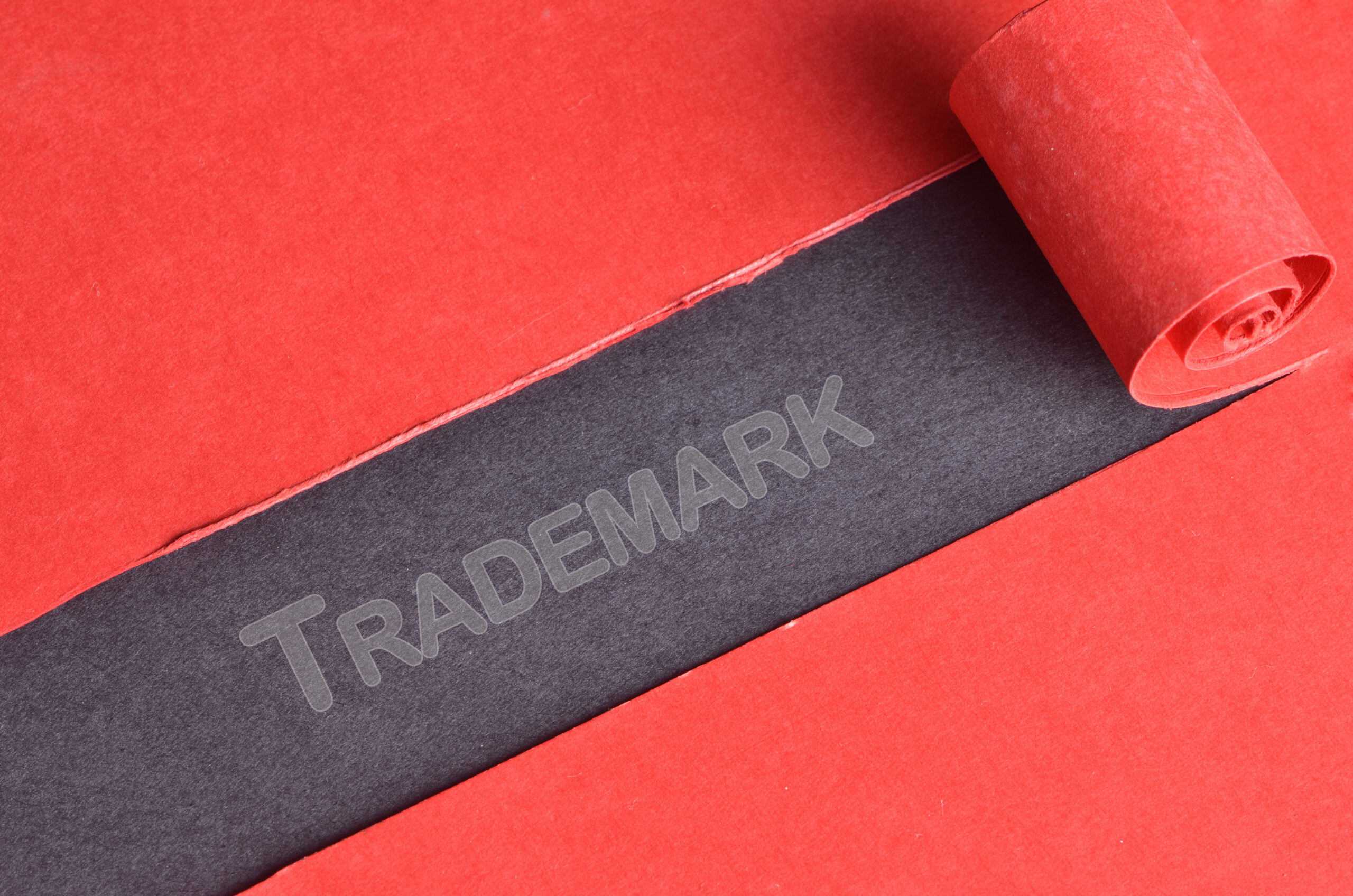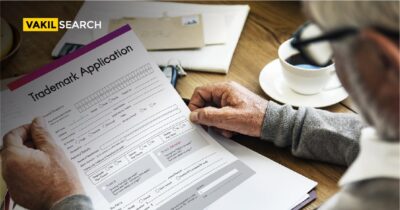While a business is entitled to have any name of the owner or proprietor’s choice, seldom is it really possible. Neither should it infringe the existing brand names nor should it give space for being infringed by others in the market. Therefore, a strong trade name is of utmost importance for a business to thrive in the years to come.
A trademark registration gives legal protection against any type of misuse, including infringement or copying of a firm’s name or logo, which is typically the most valuable asset of a corporation.
One of the first things on the to-do list of a business would be, to give it a name, that would resonate in the market. The brand name is so powerful that it could make or break the business. Also, a trade name should be so catchy, that it draws more and more potential clients to the business. A specific Trademark of a Business would carry the goodwill of the business and hence the customers have a certain expectation attached to it.
A trademark is a visible symbol that might be a word, name, device, label, or numeral that a company uses to differentiate its goods or services from identical items or services in the market that are held by other companies. A trademark is an asset that can be legally protected in India.
However, not all names can be Registered as Trademarks. It has to be within the norms of the Trademarks Act, 1999 and the Trademark Rules, 2017. The rights vested in the trademark are bestowed on the party that uses the trademark first. Also, the trademark to be registered must be unique and should not bear any similarity with the existing trademarks.
But that’s not all! The trade name should also be powerful and strong. A mere name given to a business cannot be a strong trademark. Well, then, what does it mean to be a powerful trademark? A trademark’s strength is ascertained through the trademark continuum. The continuum encompasses various grades of trademarks such as generic, descriptive, suggestive, and arbitrary or fanciful.
Generic Marks
When common terms are used to name the products or services in a business, the trademark is referred to as generic marks. For instance, a brand of bags called ‘Bags’ is a generic trademark. These cannot be registered as trademarks for obvious reasons. These being generic, no one can reserve the names for themselves or for their business alone. Such Trademark Registration would only restrict the competition in the market.
Although a generic term cannot be trademarked, a trademark can become generic, wherein the registered proprietor would lose the exclusive right over the said trademark. The term Cellophane which was earlier trademarked later became generic, and hence trademark was lost. ‘Xerox’ is yet another classic example of this scenario. Sadly, it is not always possible for a registered proprietor to stop the public from generalizing a registered trademark.
You can check trademark availability with Vakilsearch’s free trademark search tool before registering a trademark.
Descriptive Marks
Just as the name suggests, descriptive marks describe the goods or services the business is associated with. For example, CREAMY & COLD for Ice cream is a descriptive mark. It is often preferred for the same reason. The proprietors opine that these marks best describe their goods or services and hence view it as an easy way to market the business. Unfortunately, such marks cannot seek protection under the trademark law since the names are not distinct enough.
However, descriptive marks when used over a sustained period of time, without interruption, attain a secondary meaning and would acquire the status of ‘well-known marks”. For Instance, ‘Best Buy’ is a descriptive trademark that has acquired a secondary meaning. The time period for acquiring this status is not defined though.
Suggestive Marks
Suggestive mark, though not the strongest in the trademark spectrum, is held in a better place compared to generic and descriptive trademarks. These marks are in general, innately distinct ones. There is a minimal connection between the trademark and goods or services under it, but it isn’t very obvious. It makes the customer step back and ponder upon the correlation between the two. For example, the brand ‘Jaguar’ infers that the cars under this trademark are robust and fast. The name ‘Netflix’ suggests that it’s a movie streaming service online.
Suggestive marks do not give away the correlation between the trade name and goods directly. It does require a little round trip to get why such a name is assigned to the respective goods or services. Here, the customers often fail to get the association between the tradename and the products or services instantly, like in the case of descriptive trademarks, but eventually, it would be figured out.
Arbitrary or Fanciful Marks
The highest level of trademark protection is offered to Arbitrary or Fanciful trademarks. These are considered to be easily registrable trademarks. Arbitrary trademarks have a common meaning and are in no way related to the goods or services under them. The brand ‘DOVE’ which encompasses personal care products is an arbitrary trademark. Also, the brand ‘Apple’, has nothing to do with fruits. Likewise, none would have an idea about the association between ‘Blackberry’ being referred to phones and ‘Shell’ referring to gas stations.
In the case of arbitrary trademarks, a first-time customer would not associate the trade name with the goods or services. Although a proprietor might opine that these TM would require excessive marketing, from a legal perspective, arbitrary trademarks are considered to be the strongest.
Fanciful trademarks are coined as per the whim and fancy of the business proprietor. Fanciful trademarks are words that have never existed before or those that do not have a specific meaning. A few examples of fanciful trademarks are Kodak, Exxon, Adidas, etc. Arbitrary or fanciful trademarks are regarded as the strongest in the trademark continuum. But when it comes to marketing, businesses find it rather difficult to register the brand name in the minds of the customers.
Thus, a business owner might have to put in a lot of thought with respect to the brand name. Having a strong TM would also mean fewer to no instances of infringement in the future. Further, having a fanciful or arbitrary trademark: https://ipindia.gov.in/ would make the customers wonder why the respective trade name has been given to a particular product or service which by itself could act as a powerful marketing gimmick. For instance, the picture of a bird engraved on the DOVE soaps carries a wonderful marketing strategy, although it is an arbitrary trademark.
Accordingly, proprietors must avoid going for generic or descriptive trademarks hoping that the brand name would easily reach the customers. A good product or service would stand and speak for itself and having a fanciful trademark for such s business would take it to places. At the most, a suggestive trademark should be the choice of the business if not for fanciful or arbitrary TM. A trade name should be selected in such a way that it elevates the business to a high level and sets it in a far-off space, away from the competitors.
Also, Read:










